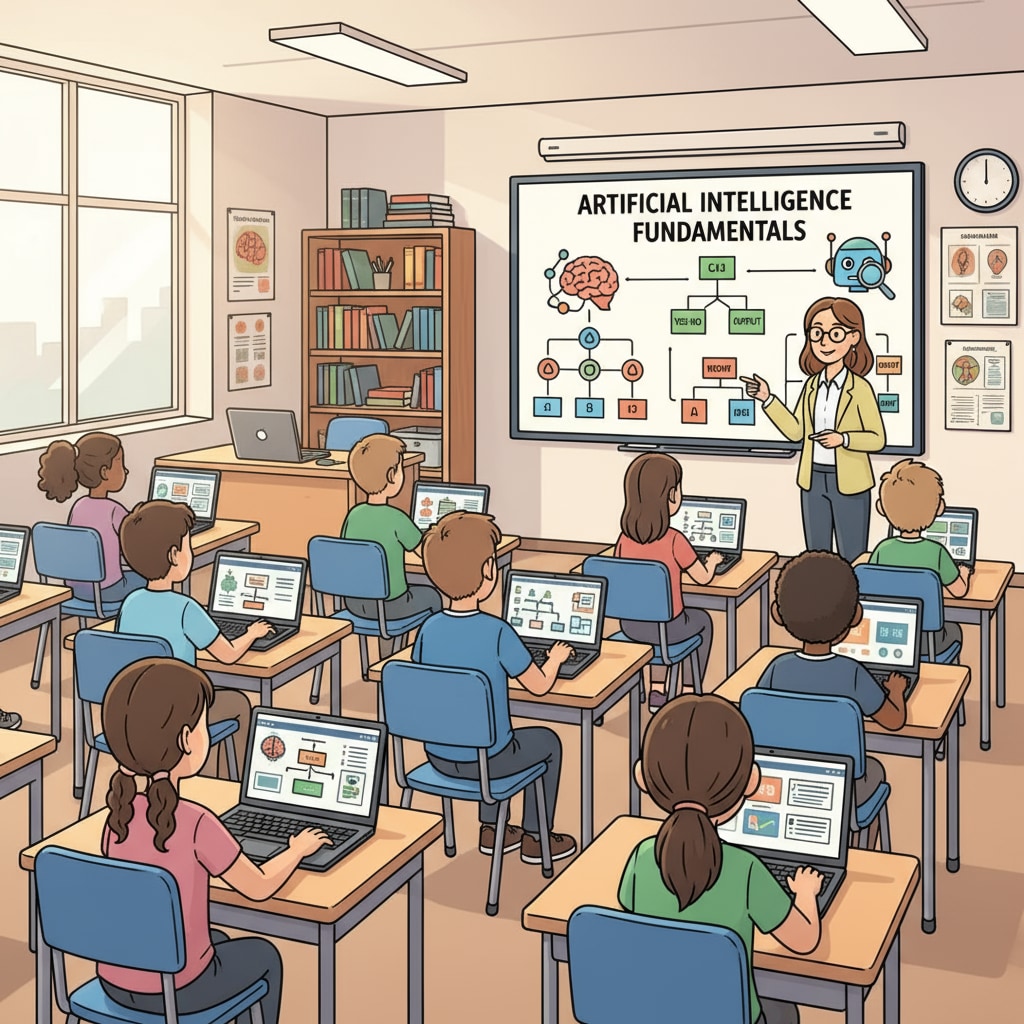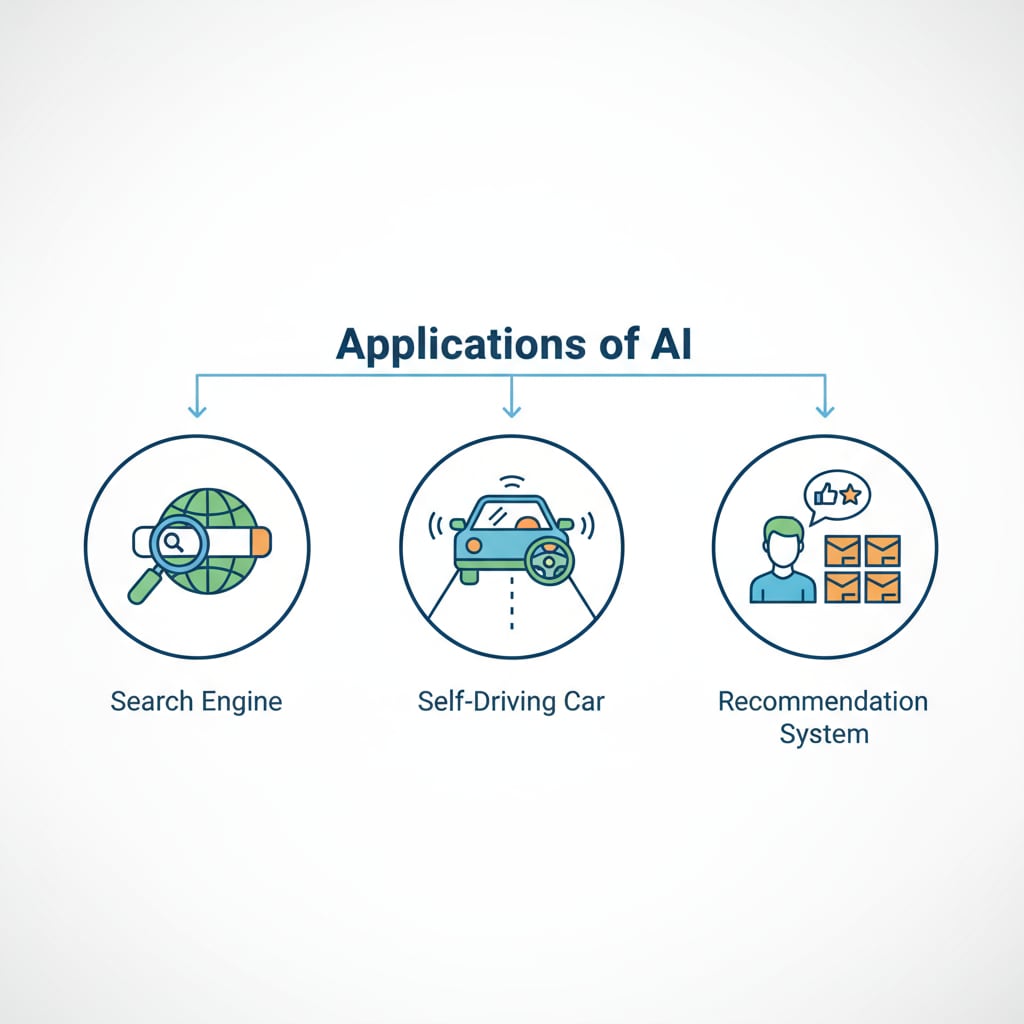With the rapid development of artificial intelligence technology, the K12 education system is undergoing a historic transformation with the introduction of AI literacy courses. AI courses, prompt engineering, and educational development are now at the forefront of educational innovation.

As we look to the future, it’s crucial to understand what these AI专项课程 (special AI courses) might entail, how they will be taught, and their broader social significance.
The Content of Future AI Courses
Future AI courses in K12 education are likely to cover a wide range of topics. At the basic level, students will be introduced to the fundamental concepts of AI, such as what AI is, how it works, and its various applications in different industries. For example, they might learn about how AI powers search engines, recommendation systems on streaming platforms, and even self-driving cars. Artificial intelligence on Wikipedia

In addition to the basics, prompt engineering will be a key component. Prompt engineering involves teaching students how to effectively communicate with AI systems. They will learn how to formulate clear and precise prompts to get the most accurate and useful results from AI tools like chatbots and image generators. This skill is becoming increasingly important as AI becomes more integrated into our daily lives.
Teaching Methods for AI Courses
When it comes to teaching AI courses, a variety of methods will be employed. Hands-on learning will be essential. Students will have the opportunity to experiment with AI tools and platforms, allowing them to gain practical experience. For instance, they could create their own simple AI models or use existing AI tools to solve real-world problems. Artificial intelligence on Britannica
Another important teaching method will be project-based learning. Teachers can assign projects that require students to apply their knowledge of AI. This could involve developing an AI-powered app, analyzing data using AI algorithms, or even conducting research on the impact of AI on society. Through these projects, students will not only deepen their understanding of AI but also develop important skills such as problem-solving, teamwork, and critical thinking.
The social significance of AI courses in K12 education cannot be overstated. As AI continues to reshape the job market, equipping students with AI literacy from an early age will better prepare them for future careers. Those with a solid foundation in AI will have a wider range of opportunities in fields such as technology, healthcare, finance, and more. Moreover, by understanding AI, students will be able to make informed decisions about how to interact with this technology in their daily lives. They will be more aware of the potential risks and benefits of AI, and thus be better able to safeguard their privacy and security.
Readability guidance: This article uses short paragraphs and lists to summarize key points. Each H2 section provides relevant information in an organized manner. The passive voice is used sparingly, and transition words like ‘for example’, ‘in addition’ are used to enhance the flow of the text.


